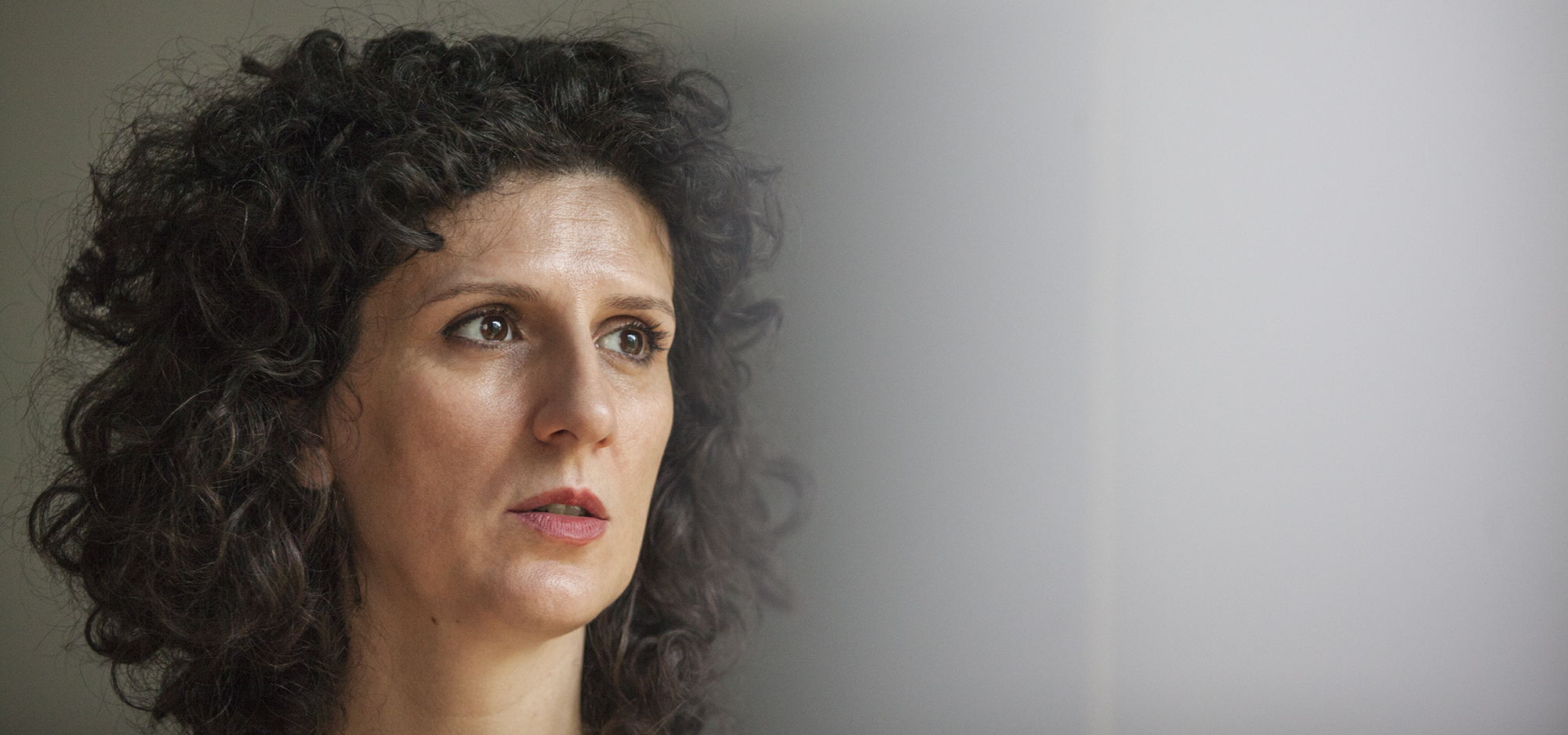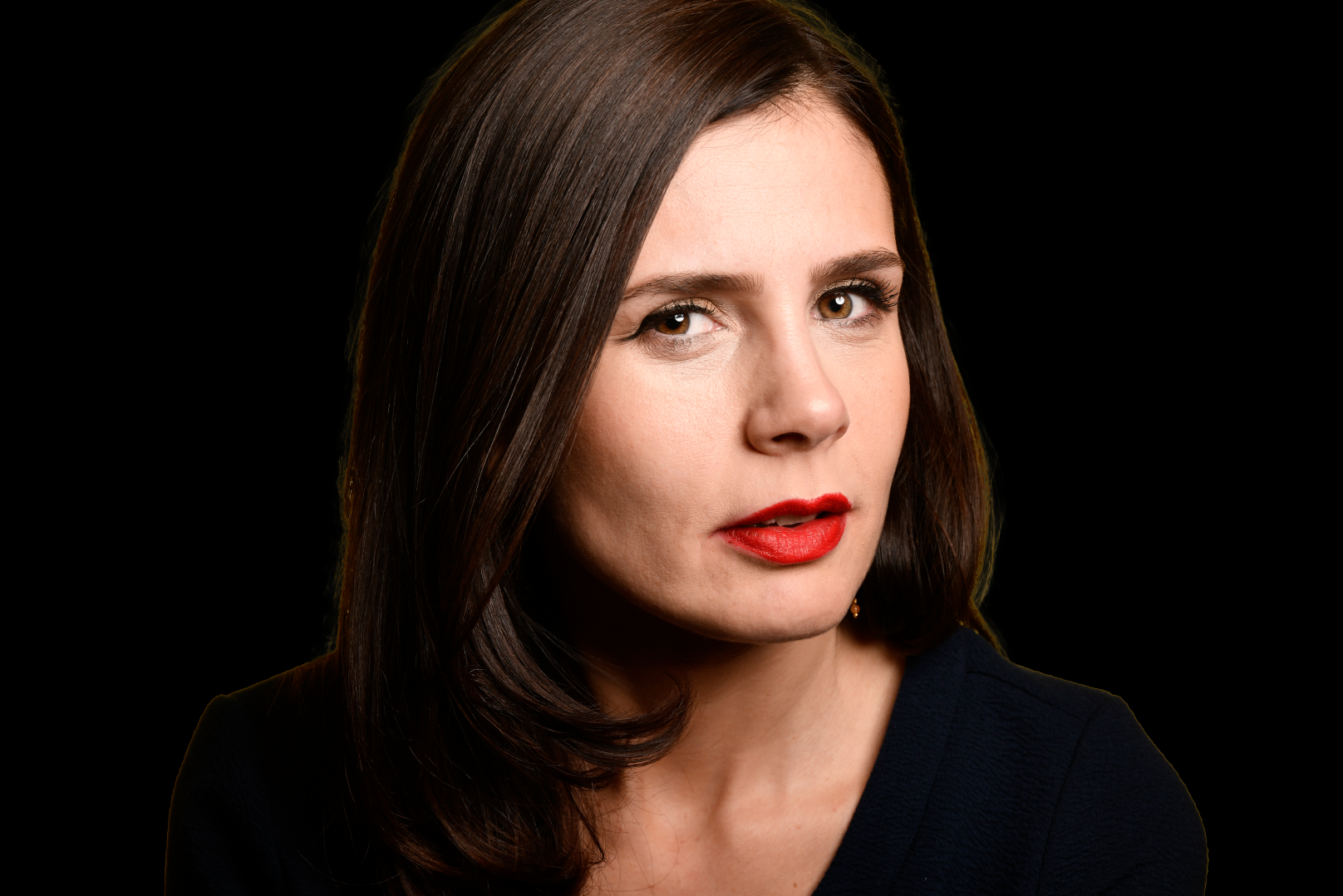
Eli Krasniqi: ‘In reality, patriarchy kills’
Talking Balkan Feminism (Part 1) — Socio-anthropologist talks about everyday feminist struggles in Kosovo.
"What bigger crisis is there than when women are killed, and their murderers are protected in liberty, or simply declared innocent, or given ridiculous sentences?"
"The problem is that the Kanun mindset is deeply rooted within the state, and this mindset transforms the Assembly into an Oda."
"The national contribution of women is supported as long as their contribution and battles do not contain a threat to the social and cultural order in which men are dominant."
"But the quota is no longer sufficient. We need a quota plus. The plus is feminism, but it must include men too."
"After the revocation of Kosovo’s autonomy in 1989 and in the decade that followed, we saw a regression."

Dafina Halili
Dafina Halili is a senior journalist at K2.0, covering mainly human rights and social justice issues. Dafina has a master’s degree in diversity and the media from the University of Westminster in London, U.K..
This story was originally written in Albanian.